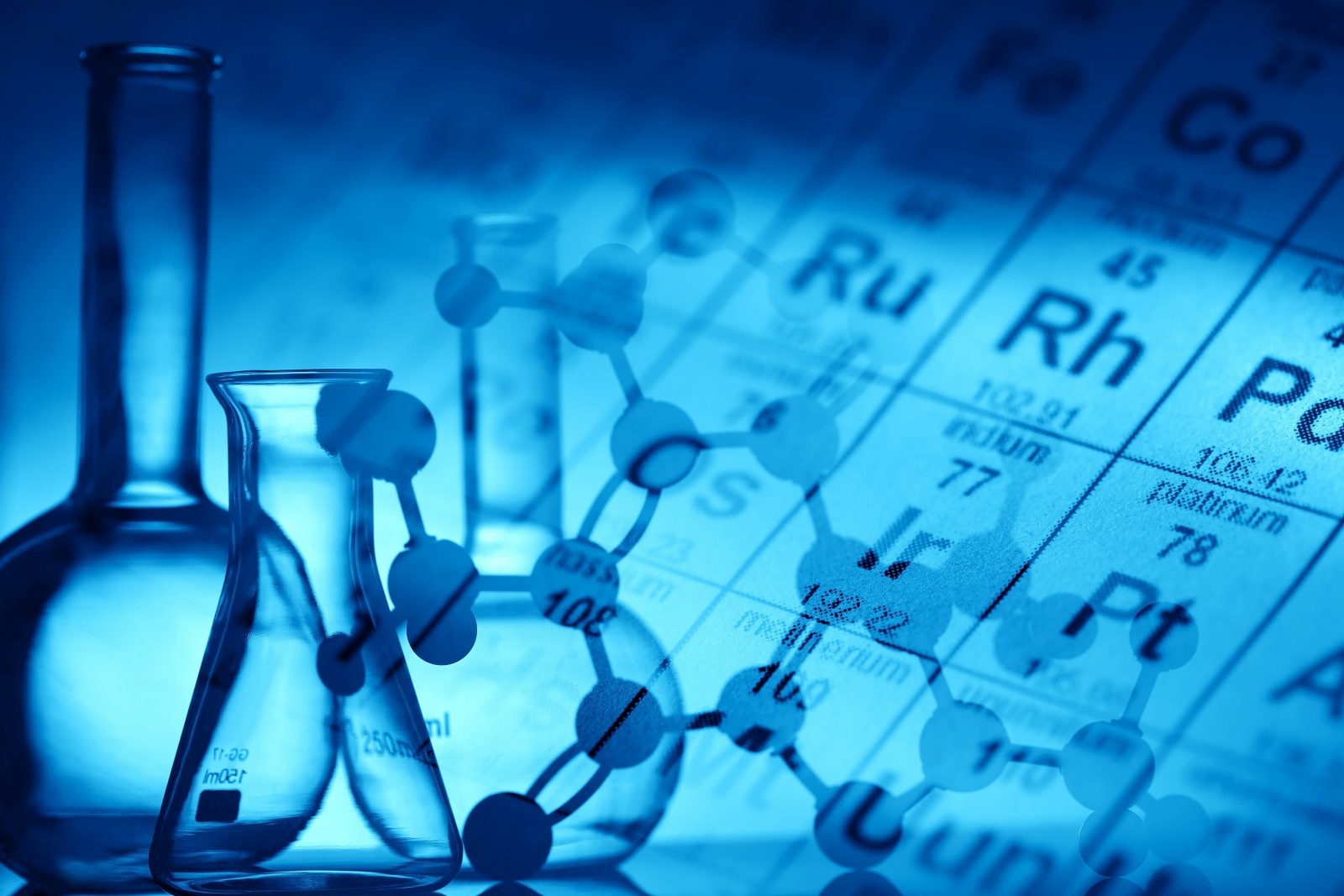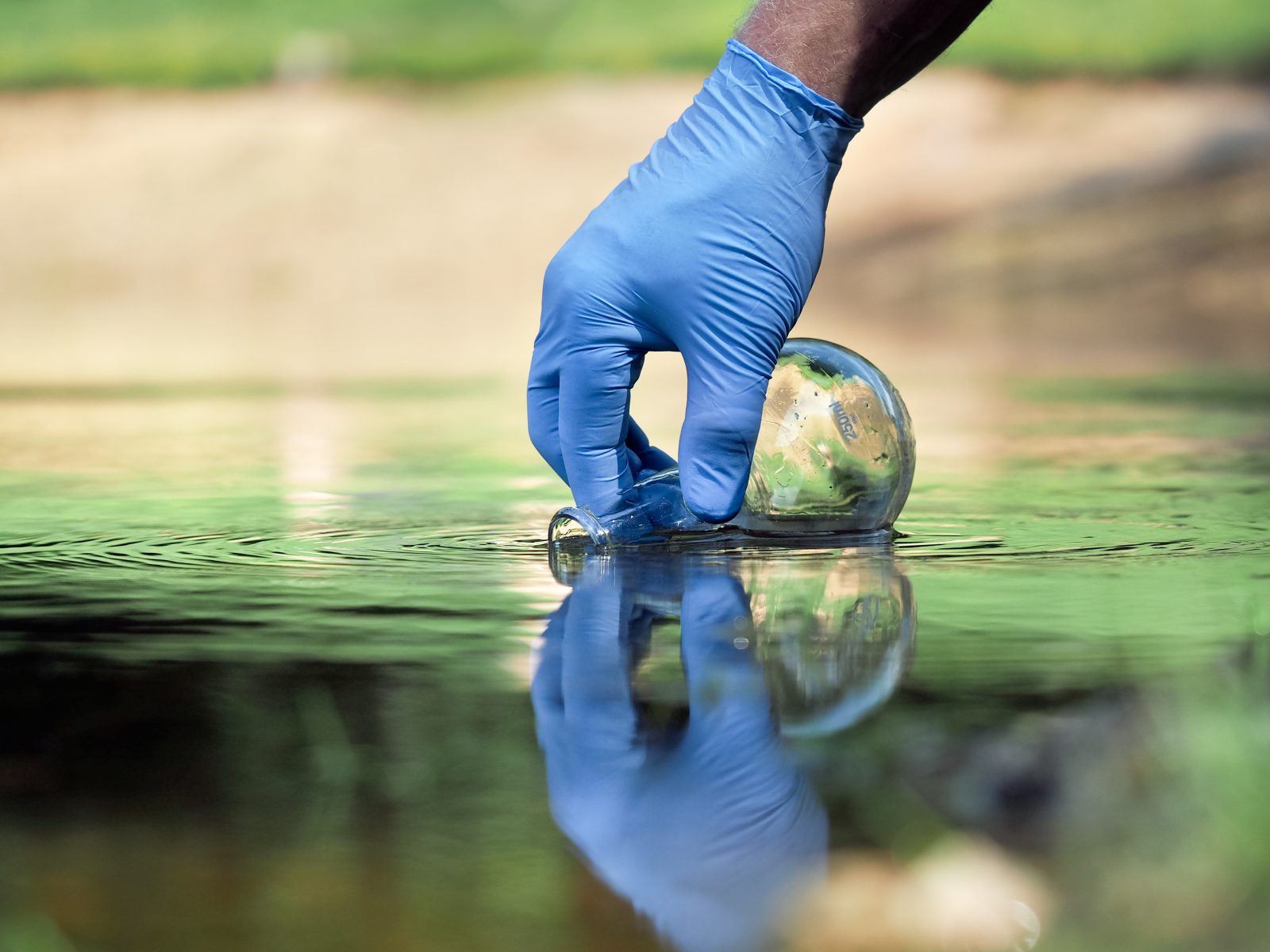


Two Nature Articles Call for Rethink in Biology

Michael Denton and the Fine Tuning of Chemistry for Life
On this ID the Future, biochemist Michael Denton draws from his groundbreaking new book, The Miracle of the Cell, to explore a fine-tuning design argument centered on the periodic elements essential for life. Twenty elements—and water, too—appear to have been precisely fine-tuned in advance for highly specific biochemical roles. Without their precise properties, cellular and animal life would be impossible. “Words fail,” says Denton, to describe the “almost eerie sense” that someone very powerful knew in advance the roles and capacities required of various elements to carry out the astonishingly sophisticated activities that make cellular life possible. Denton says that this fine tuning provides an independent line of evidence that life is the result of intelligent design.

Evolution and Intelligent Design in a Nutshell — An Excerpt
On this episode of ID the Future, Eric H. Anderson reads from his newly co-authored book Evolution and Intelligent Design in a Nutshell, written to provide a clear and simple introduction to the evolution/ID controversy, and broad overview of the evidence for design in nature — including fine tuning and the Big Bang, the origin of life, irreducibly complex machines, and the Cambrian Explosion. In this chapter excerpt, Anderson tells of Richard Dawkins’ glib assurances that the mystery of the origin of life is one not far from being solved. Not so, Anderson says. Origin-of-life researchers haven’t found a pathway to a self-replicating biological entity, the beginning point for any sort of Darwinian evolution. And it’s not for lack of time, effort, or funding. The single cell that Darwin saw as a relatively simple blob has proven to be far more complex than anything imagined. What about a self-reproducing molecule, thought to be easier to evolve than a full-blown cell? As Anderson explains in Chapter 3 of the book, the idea remains a purple unicorn, and for reasons that are perhaps most easily appreciated by looking at the ongoing attempts to build a self-reproducing 3D printer.
